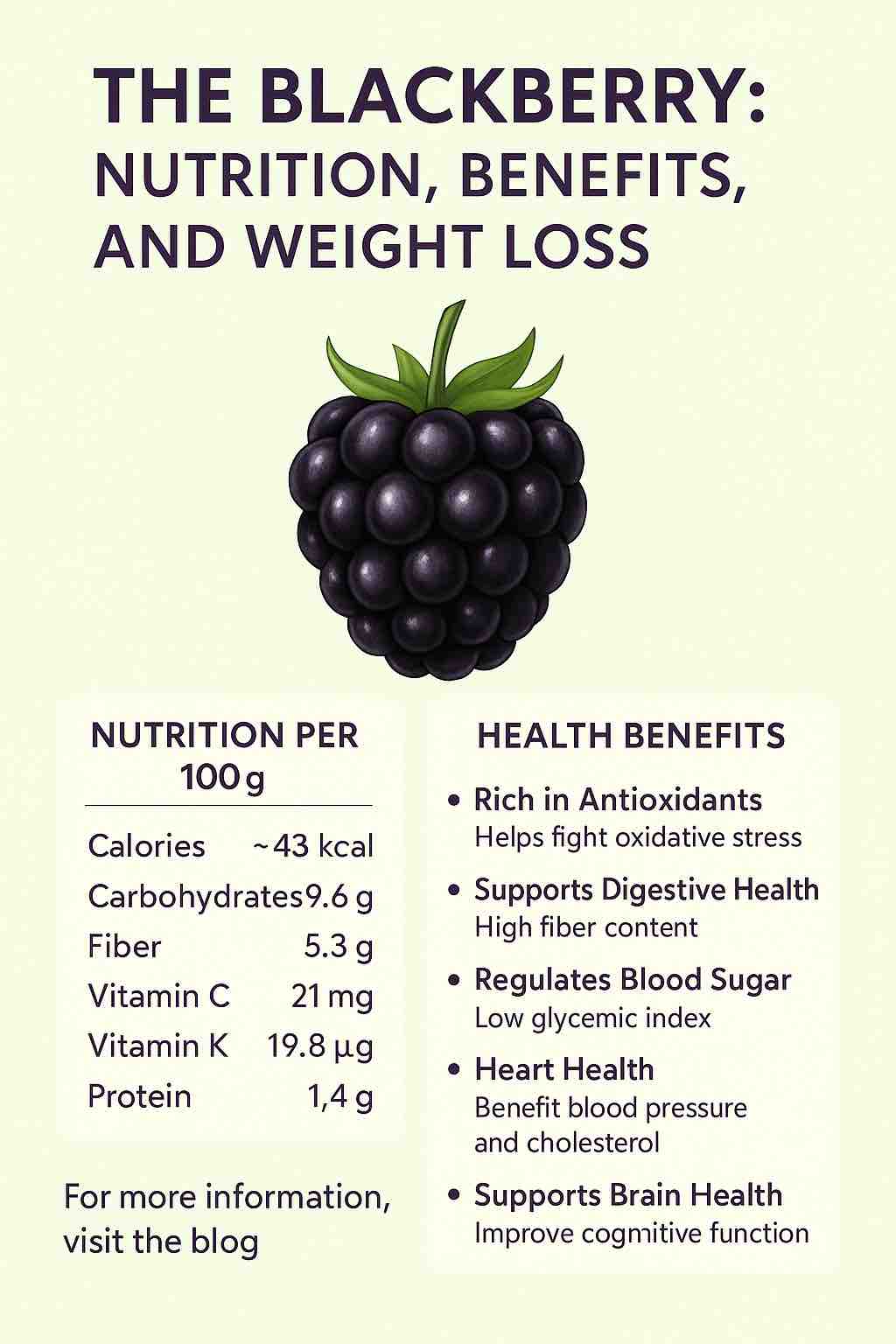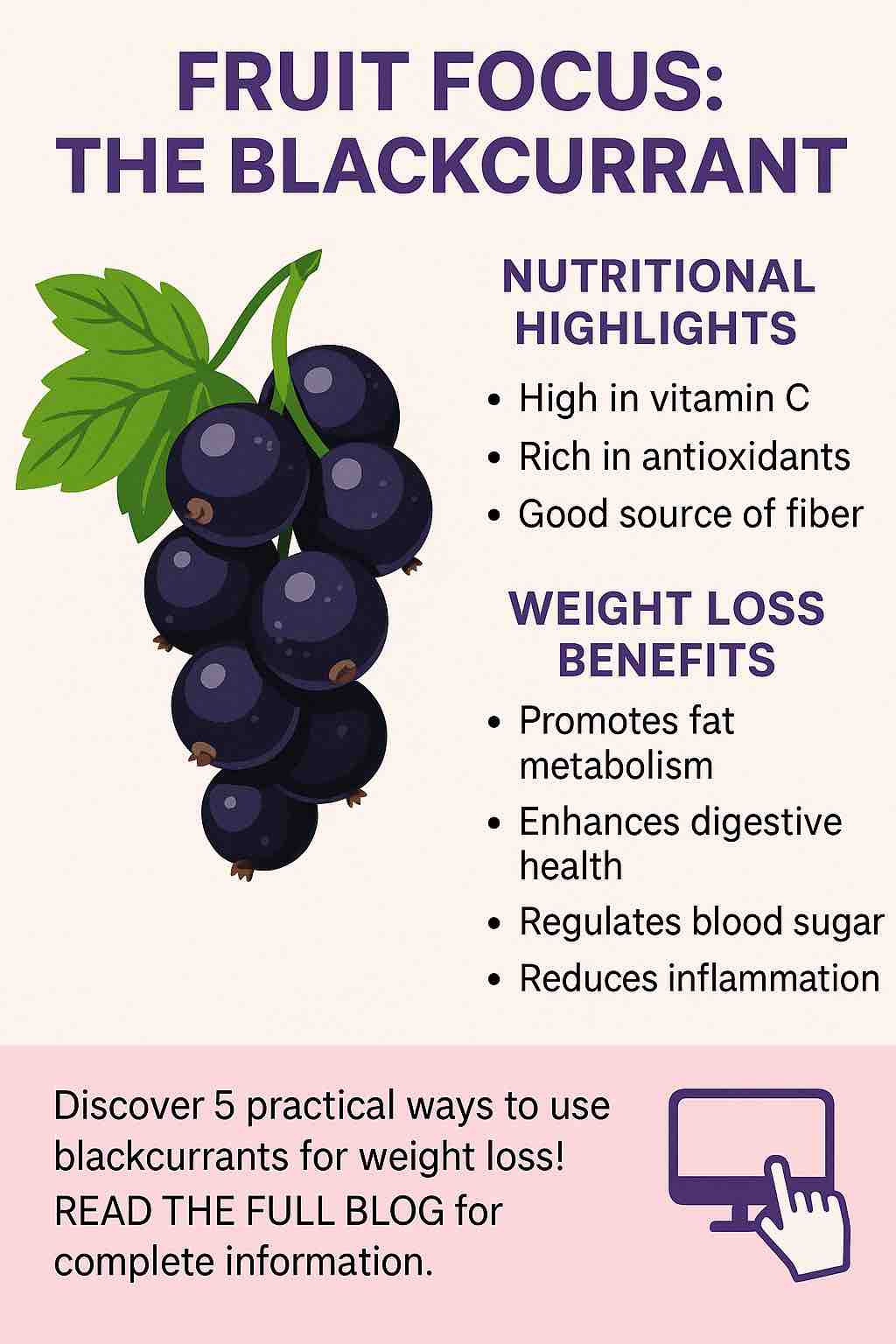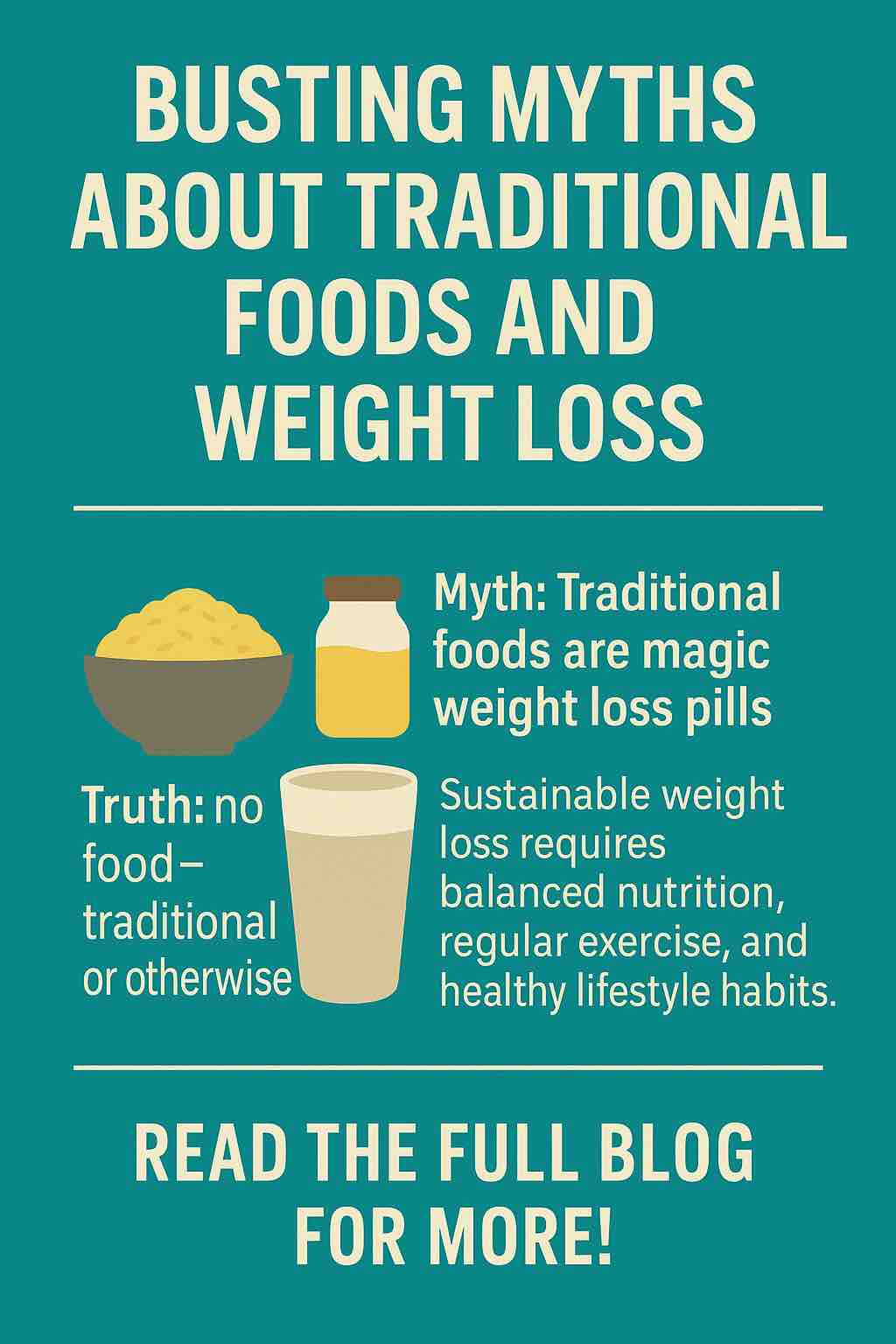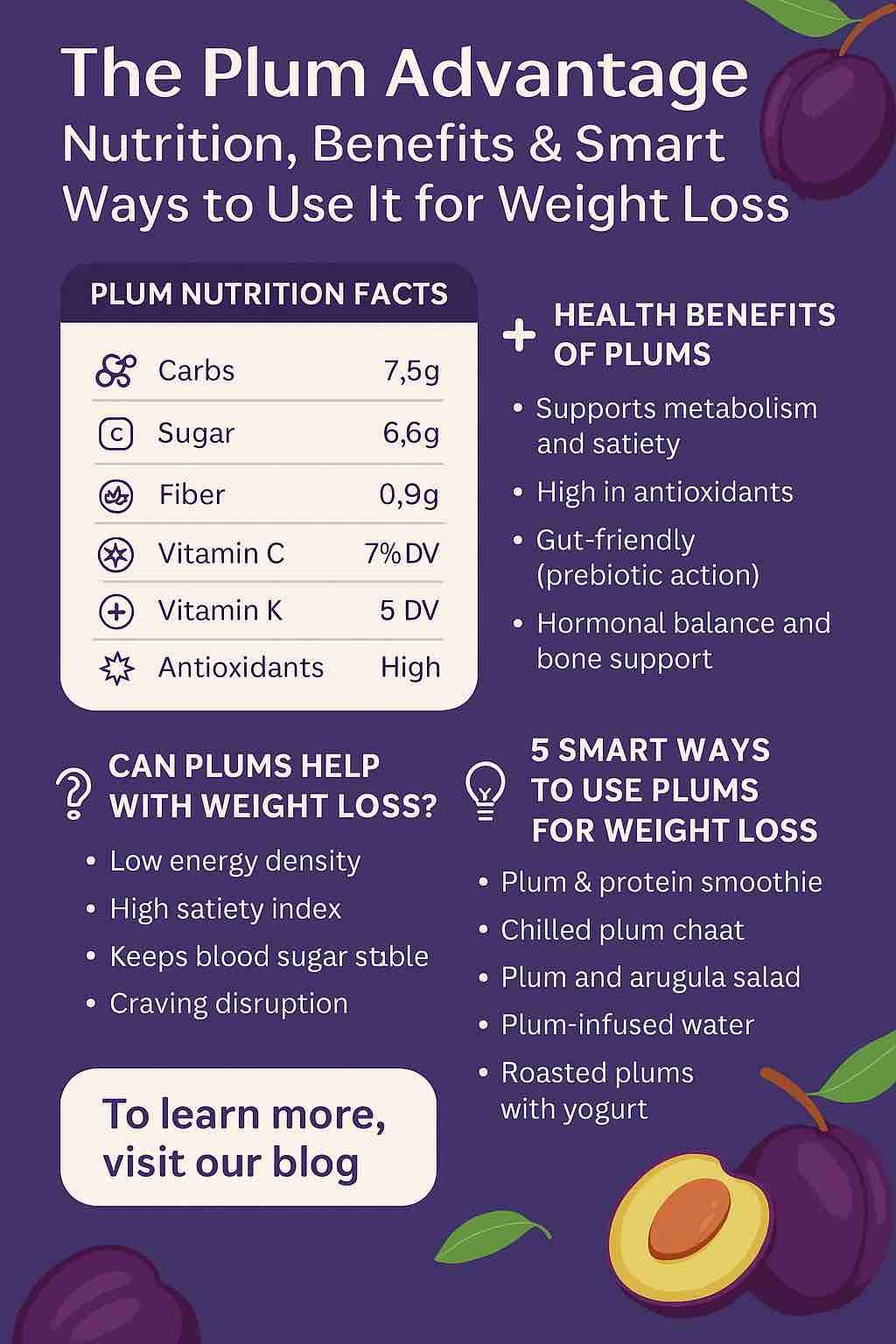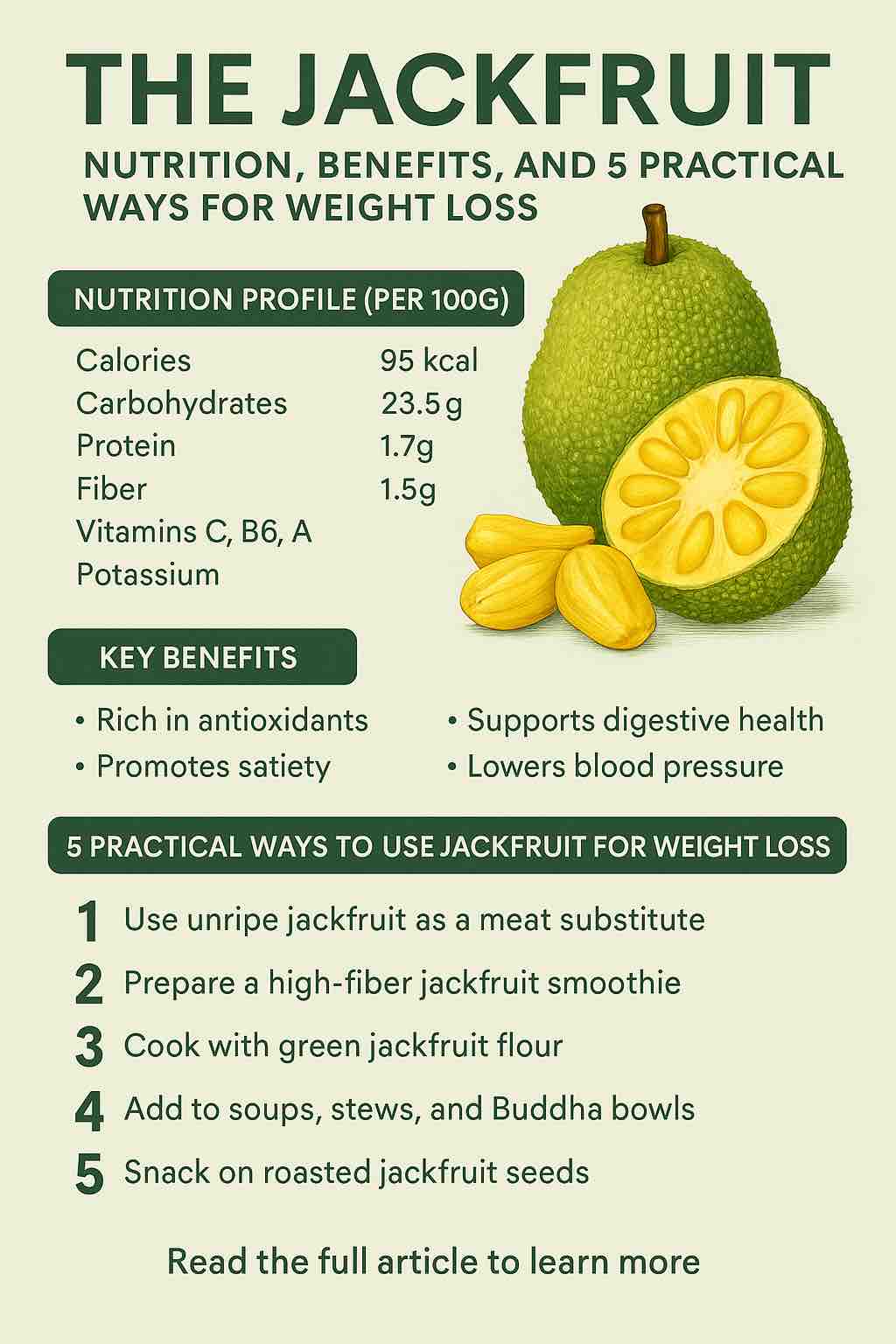
Jackfruit, often hailed as the “jack of all fruits,” is gaining global recognition not only for its unique texture and tropical flavor but also for its incredible nutritional profile and versatility—especially in the world of plant-based eating and weight management. Whether you’re looking to diversify your diet, reduce calorie intake, or find healthier meat substitutes, jackfruit could be your unexpected ally.
In this article, we’ll take a deep dive into jackfruit’s nutritional value, explore scientifically backed health benefits, and offer 5 practical, easy-to-follow ways to incorporate it into your weight loss plan.
🥭 What is Jackfruit?
Native to South and Southeast Asia, jackfruit is the largest tree-borne fruit in the world, sometimes reaching up to 80 pounds (36 kg). It has a spiky green exterior and a fibrous interior composed of large, bulbous pods. These pods can be consumed ripe or unripe, with each offering a different taste, texture, and nutritional impact.
- Ripe Jackfruit: Sweet, fruity, and yellow-orange in color. Often eaten as a dessert or fruit snack.
- Unripe (Green) Jackfruit: Mild, neutral taste with a fibrous, meat-like texture—ideal for savory dishes.
🧪 Nutritional Profile of Jackfruit (per 100g, raw fruit)
| Nutrient | Amount |
|---|---|
| Calories | ~95 kcal |
| Carbohydrates | ~23.5g |
| Sugars | ~19g |
| Protein | ~1.7g |
| Fat | ~0.6g |
| Fiber | ~1.5g |
| Vitamin C | 13.7 mg (15% DV) |
| Potassium | 448 mg |
| Vitamin B6 | 0.3 mg |
| Magnesium | 29 mg |
| Manganese | 0.043 mg |
✅ Green jackfruit is significantly lower in sugar and calories, making it more favorable for weight-conscious eaters.
💡 Top 5 Health Benefits of Jackfruit
1. Promotes Satiety and Aids Digestion
Jackfruit’s fiber content helps slow digestion, contributing to longer feelings of fullness. This helps reduce the temptation to snack between meals—a key advantage when you’re trying to control calorie intake.
2. Regulates Blood Sugar Levels
Unripe jackfruit has a lower glycemic index (GI), meaning it causes a slower rise in blood sugar compared to high-carb foods. Its combination of fiber, resistant starch, and natural enzymes helps support better glycemic control, especially when used in place of white rice or wheat flour.
3. Supports Heart Health
Jackfruit is rich in potassium and antioxidants, which play roles in maintaining healthy blood pressure and reducing inflammation—factors often linked with obesity-related cardiovascular issues.
4. Plant-Based Protein Substitute
Although not high in protein per se, jackfruit’s texture resembles pulled pork or shredded chicken, making it an ideal low-fat, low-calorie meat replacement in vegetarian and vegan dishes.
5. Boosts Immunity
Thanks to a healthy dose of Vitamin C and phytonutrients, jackfruit can help strengthen immune response and improve recovery—important for individuals undergoing physical changes or calorie-restricted diets.
🥗 5 Practical Ways to Use Jackfruit for Weight Loss
Here are simple, actionable ways to include jackfruit in your weight loss journey:
1. Use Unripe Jackfruit as a Meat Substitute
How: Incorporate into tacos, curries, stir-fries, sandwiches, or salads.
Why It Works: Unripe jackfruit absorbs flavors well and provides a satisfying, chewy texture without the saturated fat or high calorie content of meat.
Example Dish: BBQ Jackfruit Sandwich – sauté shredded jackfruit with garlic, onion, and a low-sugar BBQ sauce. Serve on whole-grain bread or lettuce wraps.
2. Prepare a High-Fiber Jackfruit Smoothie
How: Blend a small amount of ripe jackfruit with leafy greens, unsweetened almond milk, chia seeds, and ice.
Why It Works: Satisfies sweet cravings while supplying fiber, micronutrients, and hydration. Helps curb appetite between meals.
Tip: Limit to a few jackfruit pods (20–30g) to keep sugar content low.
3. Cook with Green Jackfruit Flour
How: Use green jackfruit flour to replace 20–30% of regular flour in dosa, idli, pancake, or roti recipes.
Why It Works: Jackfruit flour has a low glycemic index, supports gut health, and promotes fullness.
Bonus: It’s also gluten-free, making it a great option for those with sensitivities.
4. Add to Soups, Stews, and Buddha Bowls
How: Dice unripe jackfruit and add it to broths, vegetable stews, or nourish bowls.
Why It Works: Adds volume and fiber without adding calories, which is a cornerstone of volumetrics-based eating—a proven strategy for weight loss.
Pro Tip: Pre-cooked, vacuum-packed green jackfruit (often available in brine) is ideal for meal prep.
5. Snack on Roasted Jackfruit Seeds
How: Boil and roast jackfruit seeds with sea salt or spices like paprika and cumin.
Why It Works: They’re high in protein and resistant starch, which improve satiety and support metabolism.
Caution: Though nutritious, seeds are calorie-dense—stick to a small handful (20g).
⚖️ Things to Keep in Mind
- ✅ Choose fresh or vacuum-packed unripe jackfruit over canned ripe ones in syrup.
- ✅ Watch portion sizes, especially with ripe jackfruit due to high sugar content.
- ✅ Combine jackfruit with protein-rich foods (like legumes, tofu, or quinoa) for balanced meals.
- ✅ Read labels when buying pre-packed jackfruit products—some contain added sugars or oils.
📝 Conclusion
Jackfruit is more than a tropical delicacy—it’s a nutrient-dense, fiber-rich, and versatile food that can be a valuable addition to any weight loss plan when used strategically. Whether you’re replacing meat, bulking up meals, or looking for low-GI flour alternatives, jackfruit delivers.
Incorporating jackfruit into your diet doesn’t require a complete overhaul. Start small: add it to your weekly rotation, experiment with new recipes, and track how it affects your satiety and energy levels.
🌱 Weight loss isn’t about deprivation—it’s about making smarter, more satisfying food choices. Jackfruit might just be one of them.
Frequently Asked Questions (FAQs)
1. Is jackfruit good for weight loss?
Yes, especially unripe (green) jackfruit, which is low in calories and sugar, high in fiber, and helps you feel full for longer. It can be a smart addition to a calorie-controlled diet.
2. What’s the difference between ripe and unripe jackfruit for weight loss?
Ripe jackfruit is sweeter and higher in sugar, which can contribute to increased calorie intake. Unripe jackfruit has a neutral taste, lower glycemic index, and is better suited for savory dishes and weight loss goals.
3. Can jackfruit replace meat in recipes?
Absolutely. Unripe jackfruit mimics shredded meat in texture and absorbs flavors well. It’s ideal for tacos, curries, stir-fries, and BBQ-style dishes.
4. How many calories are in jackfruit?
100g of ripe jackfruit contains about 95 calories, while the same amount of unripe jackfruit may contain 30–40 calories, depending on preparation.
5. Is jackfruit high in sugar?
Ripe jackfruit is naturally high in sugar (around 19g per 100g), so it should be eaten in moderation. Unripe jackfruit has very little sugar, making it more weight-loss-friendly.
6. Can people with diabetes eat jackfruit?
Yes, but unripe jackfruit is a better option due to its low glycemic index, which has less impact on blood sugar. Ripe jackfruit should be eaten in moderation and paired with protein or fiber.
7. Where can I buy jackfruit?
You can find fresh jackfruit in Asian markets, frozen or canned unripe jackfruit in brine at grocery stores, and jackfruit flour online or in health food stores.
8. How do I store jackfruit?
- Fresh, cut jackfruit: Store in an airtight container in the fridge for up to 5 days.
- Cooked jackfruit: Refrigerate for 3–4 days or freeze for up to 2 months.
- Jackfruit seeds: Dry roast and store in an airtight jar.
9. Are jackfruit seeds edible and healthy?
Yes, jackfruit seeds are rich in protein, fiber, and resistant starch. Roast or boil them as a healthy snack—but eat in moderation due to their calorie content.
10. Can jackfruit be eaten every day?
Yes, but moderation is key. Unripe jackfruit can be consumed regularly as a low-calorie vegetable. Ripe jackfruit should be limited to small portions due to its high sugar content.

